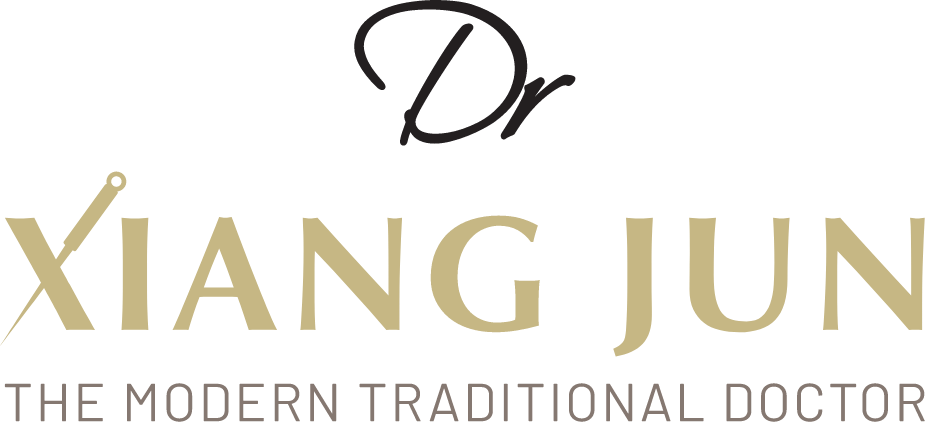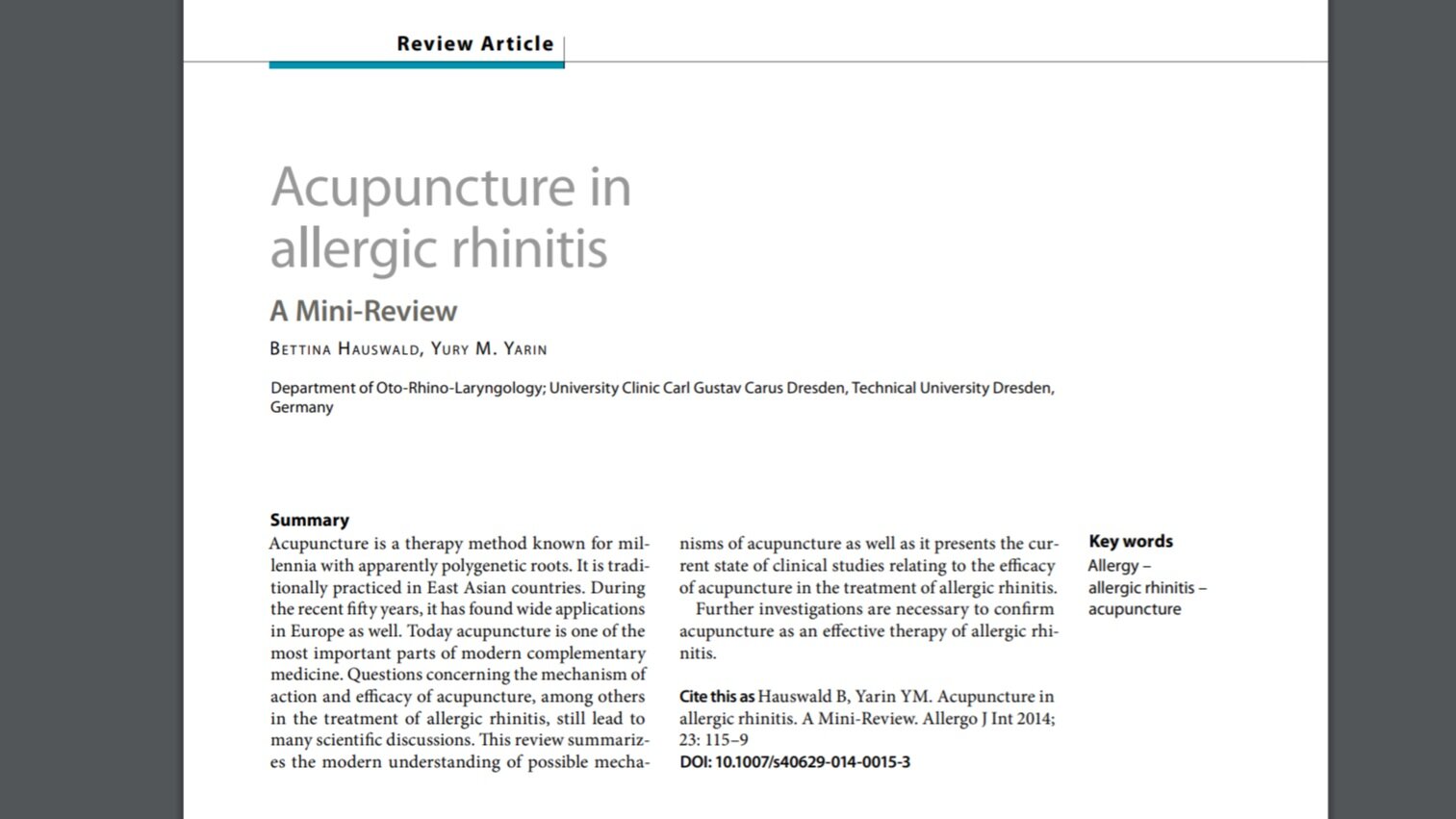Scientific Proof to How your Body react to Acupuncture - Sinusitis and Allergies
Regular sessions of Acupuncture will reduce your seasonal allergies and chronic sinusitis, hence the use of antihistamines.
Common problems of the nose include allergies, sinusitis, wheezing. Most turn to antihistamine to have a quick relief of the loose tap. But in Traditional Chinese Medicine, nose is a sensory organ that is reflective of the conditions of the Spleen and Stomach due to meridian connections. Hence if you want to treat the root of the issue instead of stuffing your nose with tissue or antihistamines, going tradition IS the way.
Even science supports this. Here are some of them:
Conclusion: Acupuncture can modulate the immune system and has been proposed as a useful treatment for patients with allergic rhinitis (AR). The meta-analysis in this research suggests that acupuncture can be a safe and valid treatment option for AR patients.
Conclusion: Acupuncture is a clinically effective form of therapy in the treatment of patients suffering from persistent allergic rhinitis. The results indicate the probability of an immunomodulatory effect.
Conclusion: The efficacy of acupuncture in allergic rhinitis and other allergic diseases, such as asthma or allergic eczema, appears to be due to the cytokine profile regulation of Th1/Th2 cells and particularly in the expression of IL-10, IL-2 and IFN-γ.
Further reading:
Everything you need to know about Acupuncture
Scientific Proof of How Your Body Reacts to Acupuncture - Allergic Rhinitis
Scientific Proof of How Your Body Reacts to Acupuncture - Migraine
Scientific Proof of How Your Body Reacts to Acupuncture - Aging
Scientific Proof of How Your Body Reacts to Acupuncture - Sleep





